The ease with which a child learns a new language is astonishing but comes as no surprise. Their brain plasticity allows them to recognize sounds more easily and to reproduce them while still having a good accent. However, parents often ask themselves when and how to teach their child a language without generating a language disorder. In order to dispel some of the clichés and give you clear answers on the subject, we have met with Kasia, founder of the language school for children Spell Languages, who will be answering our questions.

Kasia, can a newborn be exposed to another language?
In order to answer this question, we must first understand how it is possible to speak a language. Already in its mother’s womb, a 6-month fetus is able to scan the structure of the language he or she hears. We come into this world with 100 billion neurons which will form 1000 trillion connections by the age of 3, that’s a lot! For our brain, acquiring a language is a natural function, particularly at this time.
A very interesting study by neurolinguist Patricia Kuhl of the University of Washington found evidence that by exposing babies under a year old to a foreing language for about 25 minutes a week we allow them to become familiar with that language and to understand it.
Personally, my daughter has been immersed in 3 languages since she was born and today, being 2.5 years-old, she speaks all 3! I am convinced that it is never too early to expose your child to foreign languages.
At what age should we start learning a second language?
If our aim is for our child to become bilingual in childhood, we should start before the age of 3. It has been proven that from birth to the age of 7, children lose their ability to learn naturally from one year to the next.
At Spell Languages, we have observed that a child who is still at the natural stage of learning his or her mother tongue will more readily accept being spoken to in another language. Not understanding everything will seem normal to them and they will learn with pleasure and involvement.
On the other hand, children (even at pre-school age) who have already mastered a first language in which they communicate will often feel more frustrated because they will realise that they don’t understand everything and cannot express themselves as they would like to.
What advice would you give to parents to encourage bilingualism at home?
Find contexts and environments where you can speak another language with your child. For me, it happened thanks to my daughter’s best friend. Her mum is English-speaking, so when we are together I speak to my daughter in English, whereas at home I speak to her in my mother tongue, Polish. Her dad speaks to her in French.
In other words, if you have friends/babysitters/nannies of different origins, you can ask them to speak to your child in their mother tongue. This may indeed be a challenge for your child’s brain, but if they are in regular contact with the same people, they will quickly master this new language, which will make their parents proud (smile).
If you are bilingual, help your child be immersed in a second language through simple activities that can be carried as a family in daily life. For example, reading stories, singing nursery rhymes or playing games in the other language.
And of course, we at Spell Languages are here to help you learn! During after-school activities, whether it’s after school, on Wednesdays or Saturdays, children learn languages through play while following an educational programme that will help them reach the desired level.
We have recently created Playgroups for younger children, aged 0 to 4. These are 45-minute lessons in the presence of parents for a fun introduction to English, Italian, German or Spanish.
What are the different tools/platforms to learn while having fun?
Today we are proud to present something brand new on the Swiss market, the Emys robot. An electronic companion designed to teach children English while having fun.
Board games such as « memory » or « uno » are perfect to work on their vocabulary. Construction games to express their creative vision and to understand grammar systems. Role-playing games to experience the language and practice it without the stress of it being « for real ». Movement games to work on physical and language reflexes.
Feel free to visit our Youtube where we share many easy ideas. Subscribe and you will receive inspiring videos every week.
In the end, it doesn’t matter what platform you choose as long as it’s through play because that’s the key to learning.
You are offering Summer Camps this summer. Are there still places available? If so, how can I get more information and enroll?
Yes, indeed! We offer 8 weeks of fun and unforgettable camps. Parents can choose from 6 languages: English, German, Italian, Spanish, Russian and French. Our groups are divided by age: 4 – 6 years, 7 – 10 years and 11 – 14 years. Children can be enrolled for one week, but often parents choose to send their children to us for several weeks at a time. Moreover, we offer decreasing prices for every inscription for 2 or 3 consecutive weeks.
Find further information and book your preferred camp on our website now (so as to secure it). We will be publishing brochures containing the details of each theme very soon.
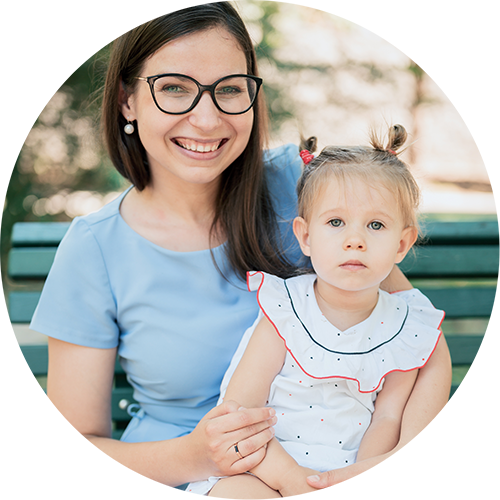

Kasia Katarzyna Butty
Founder of Spell Languages
Rue Conseil Général 20, 1205 Genève
info@spell-languages.ch
www.spell-languages.ch
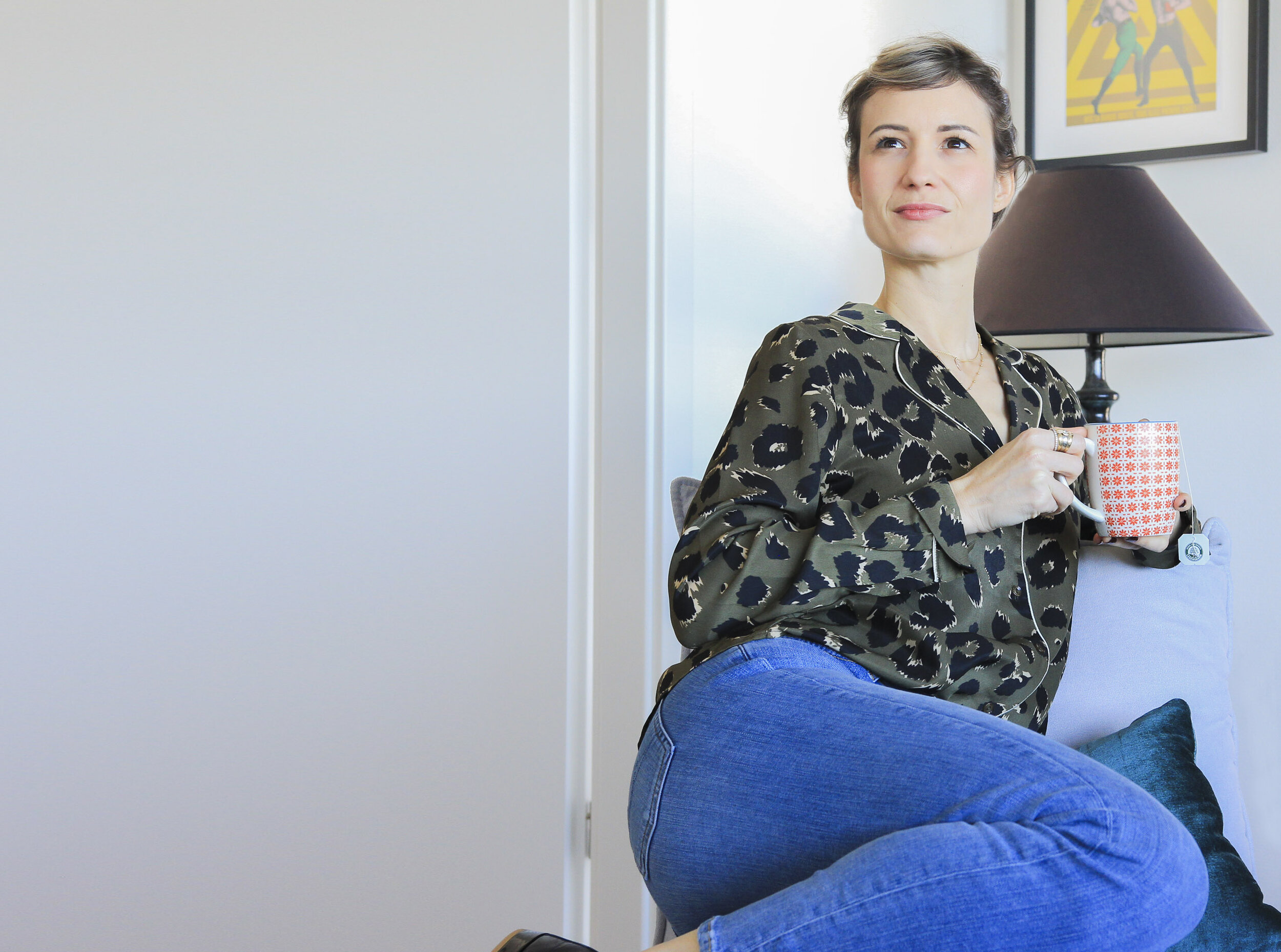
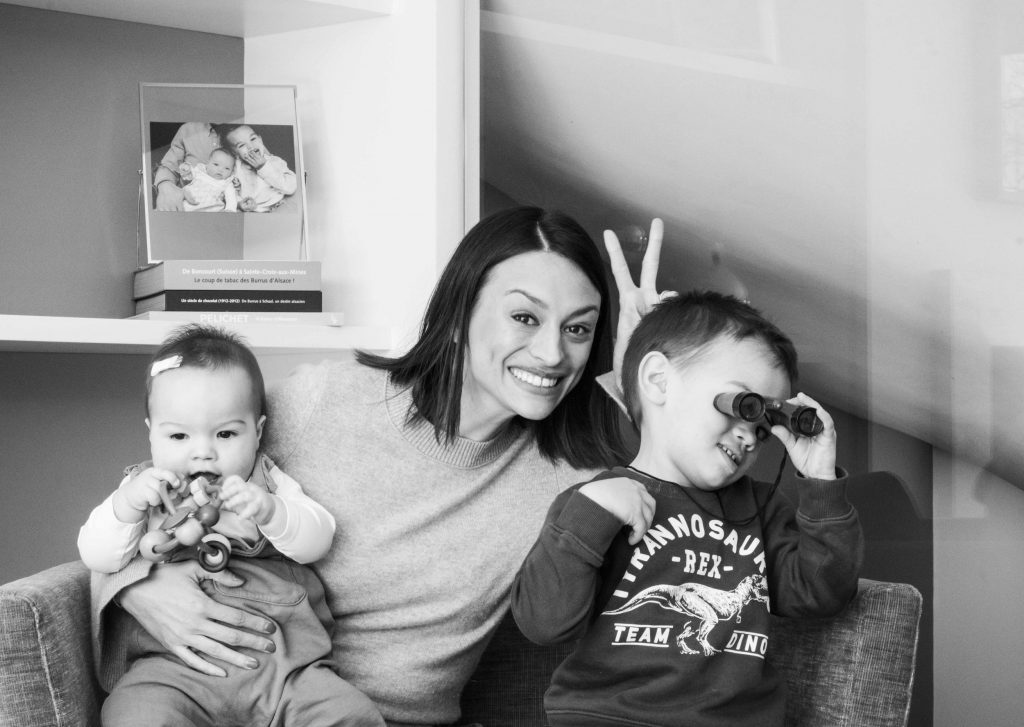


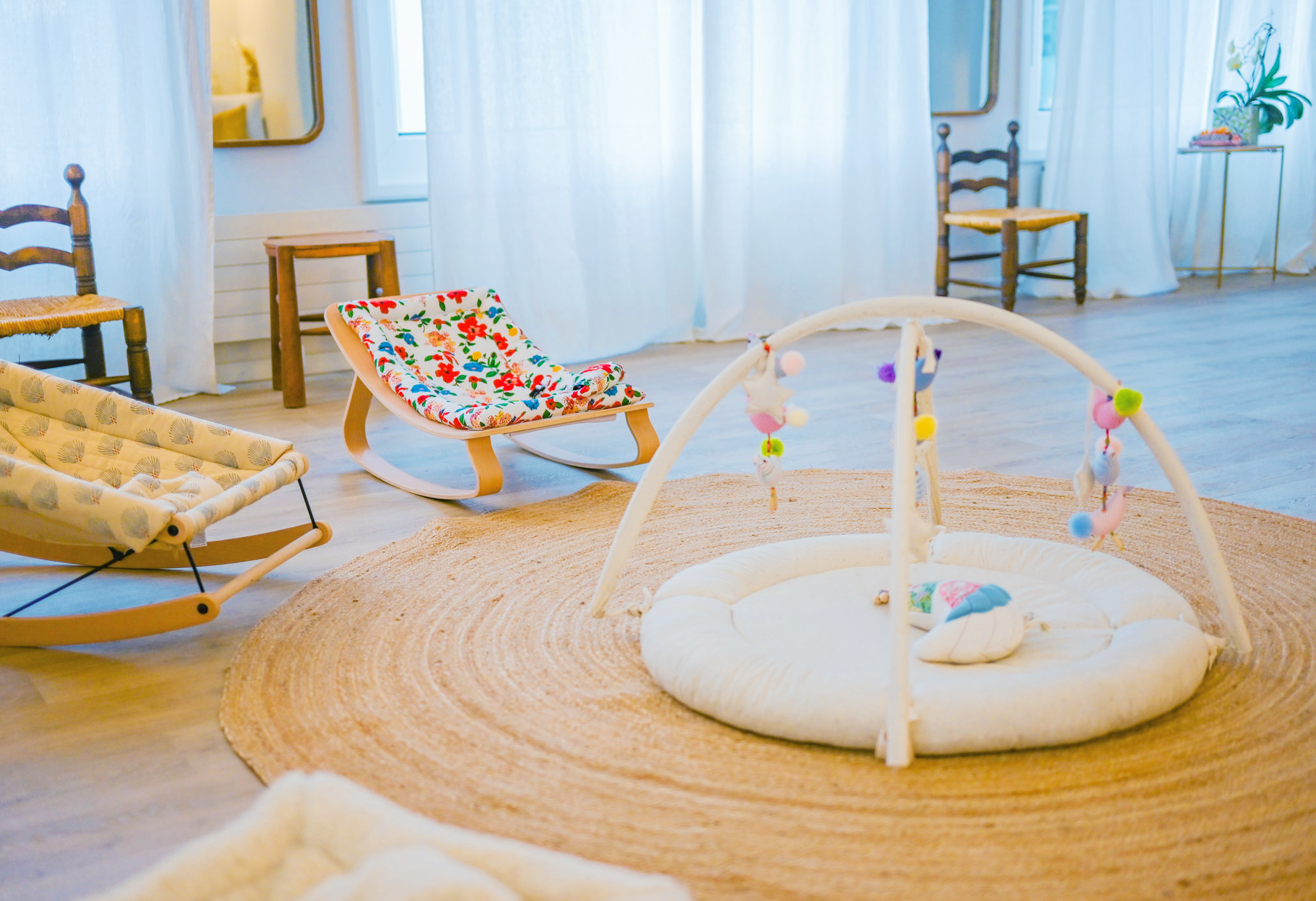

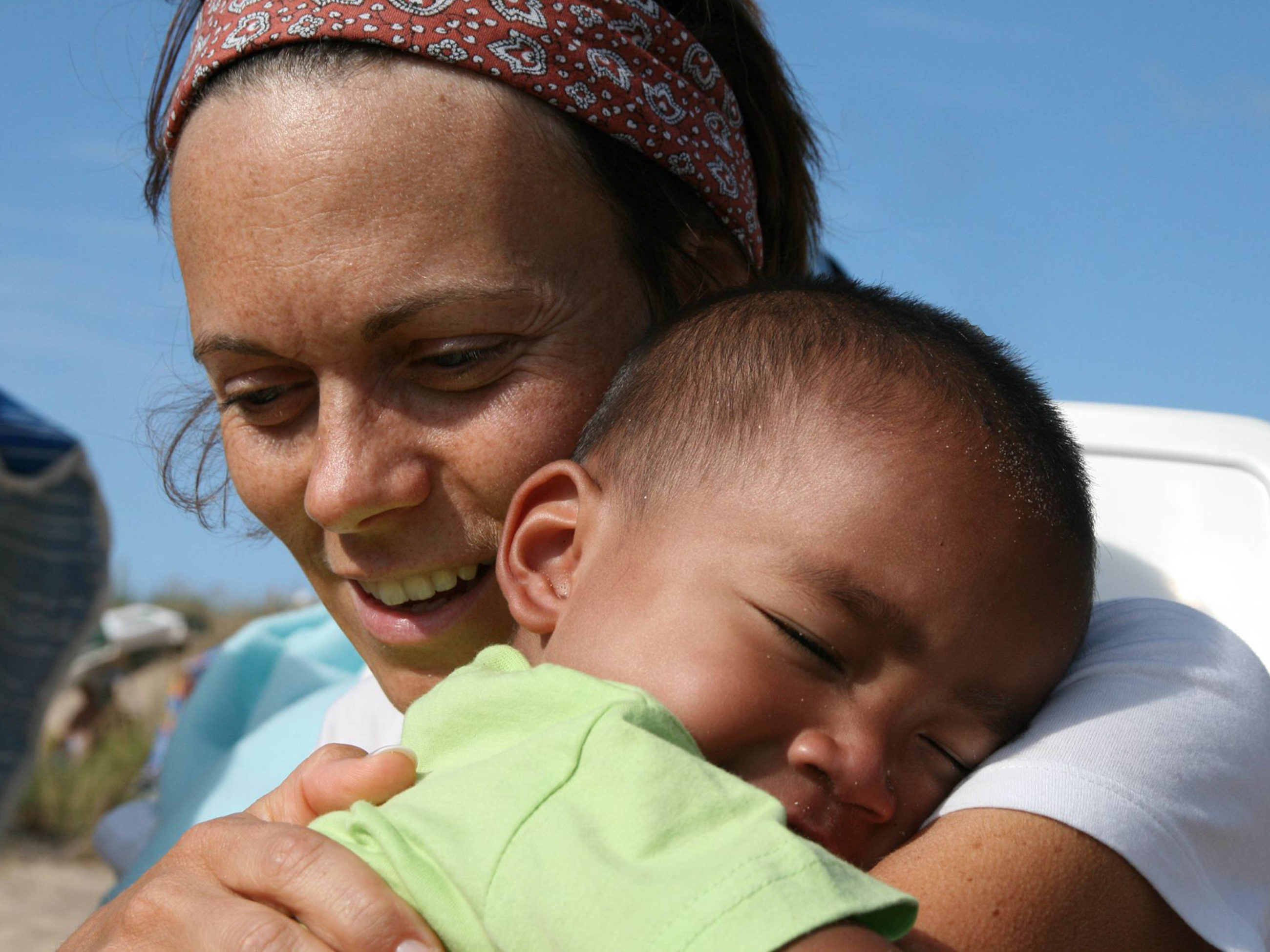
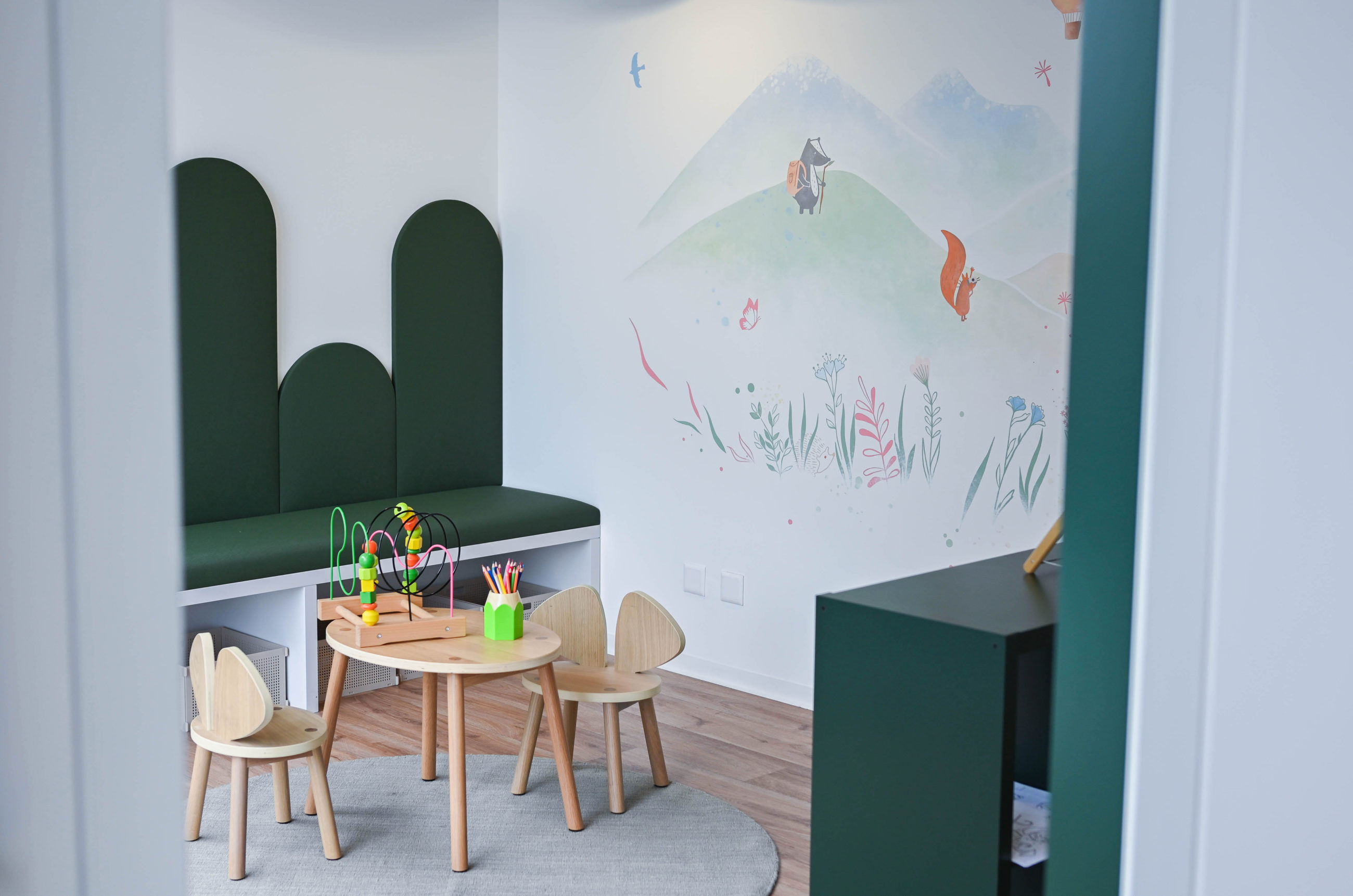


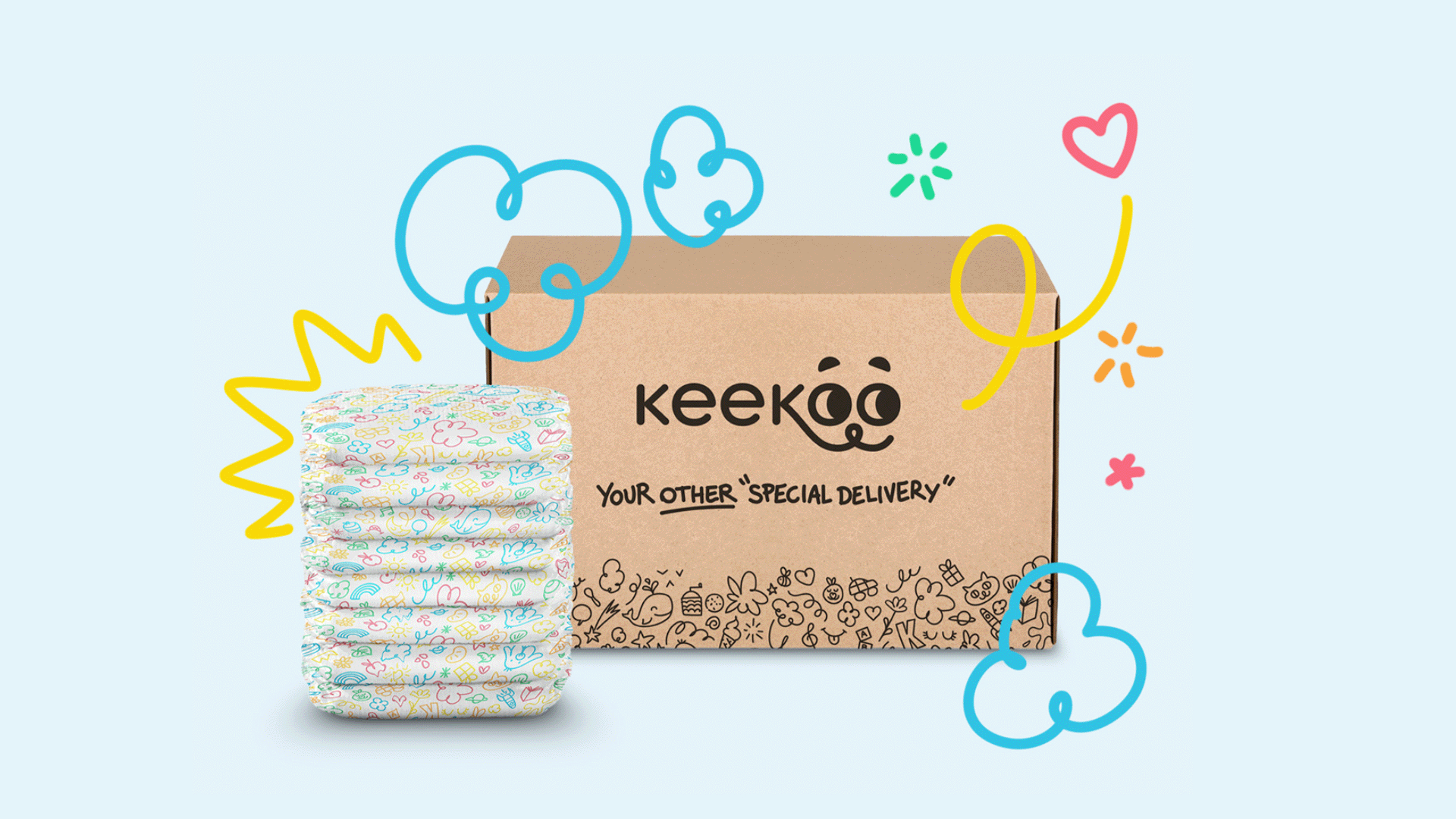

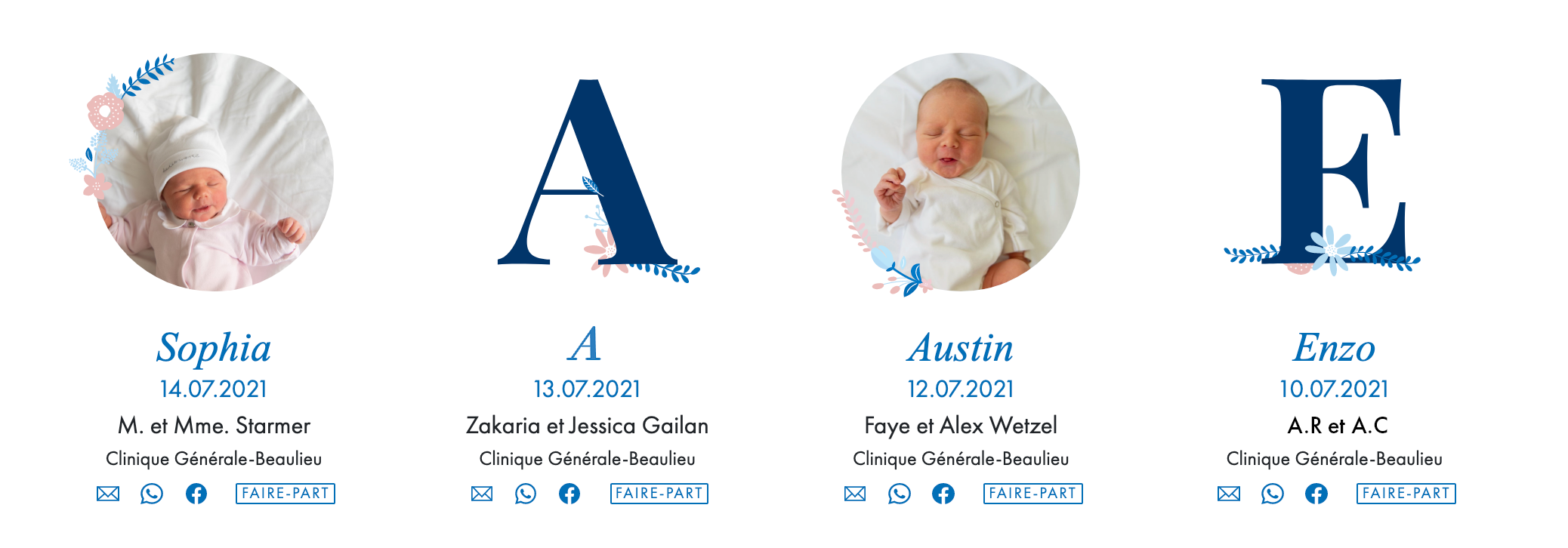
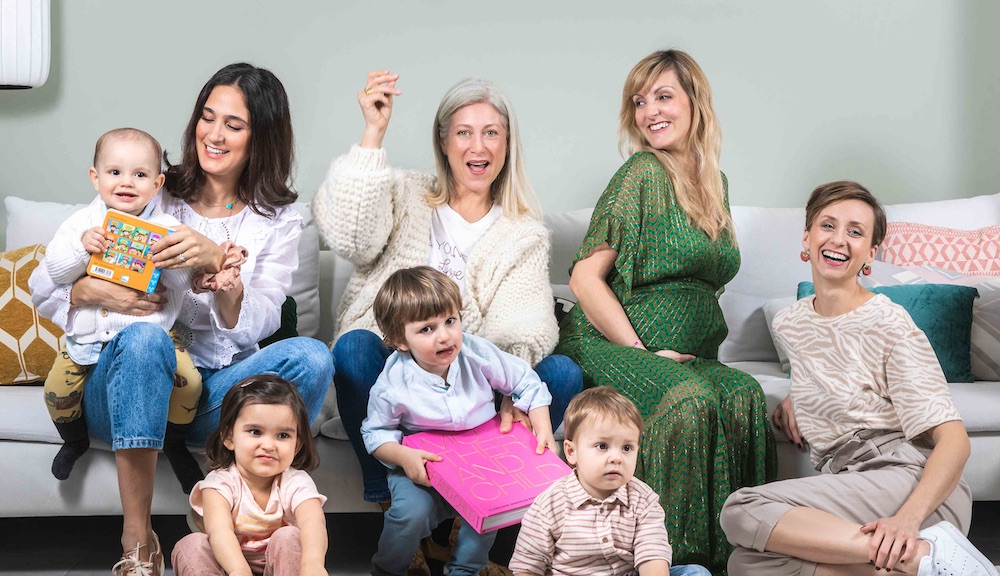


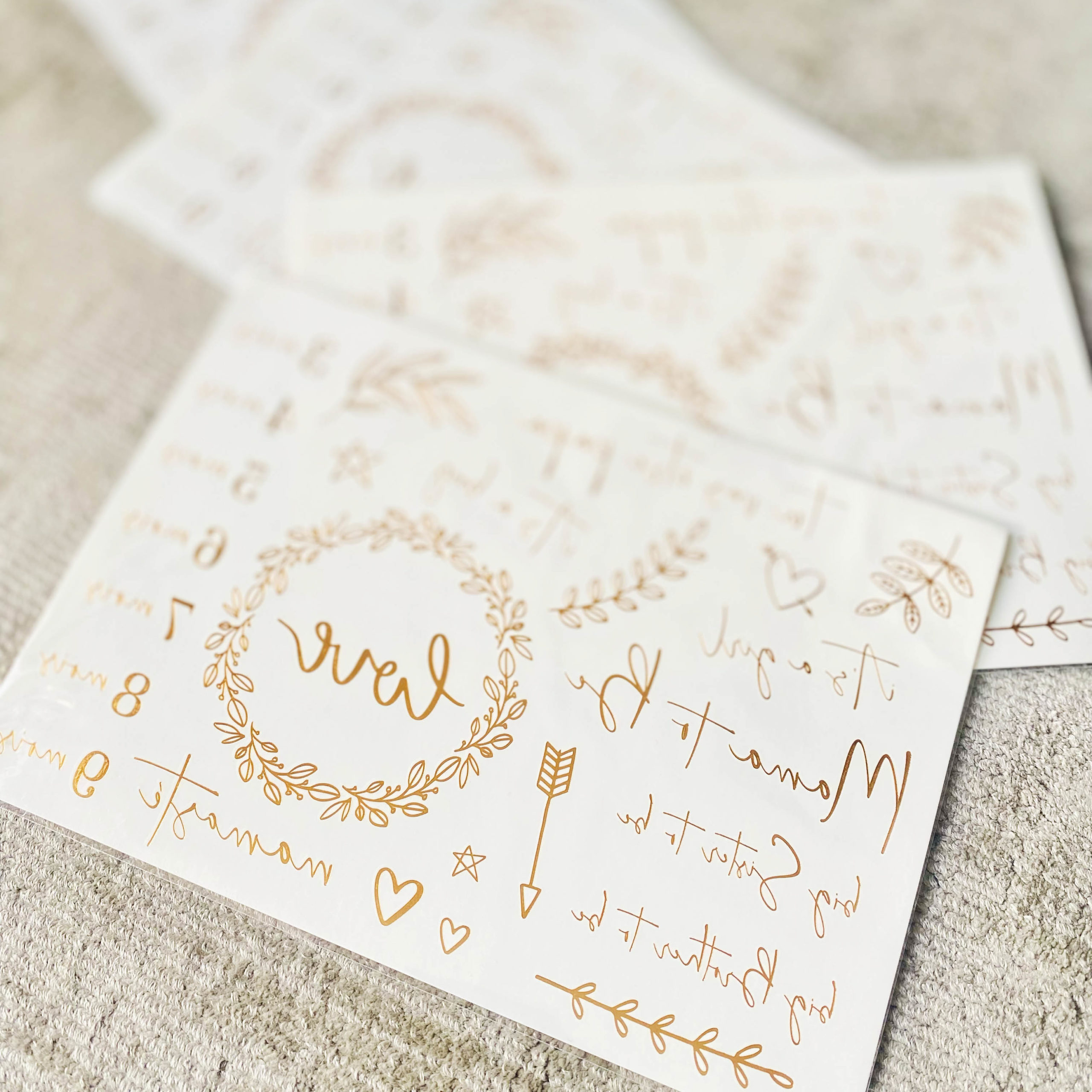

Partager cet article